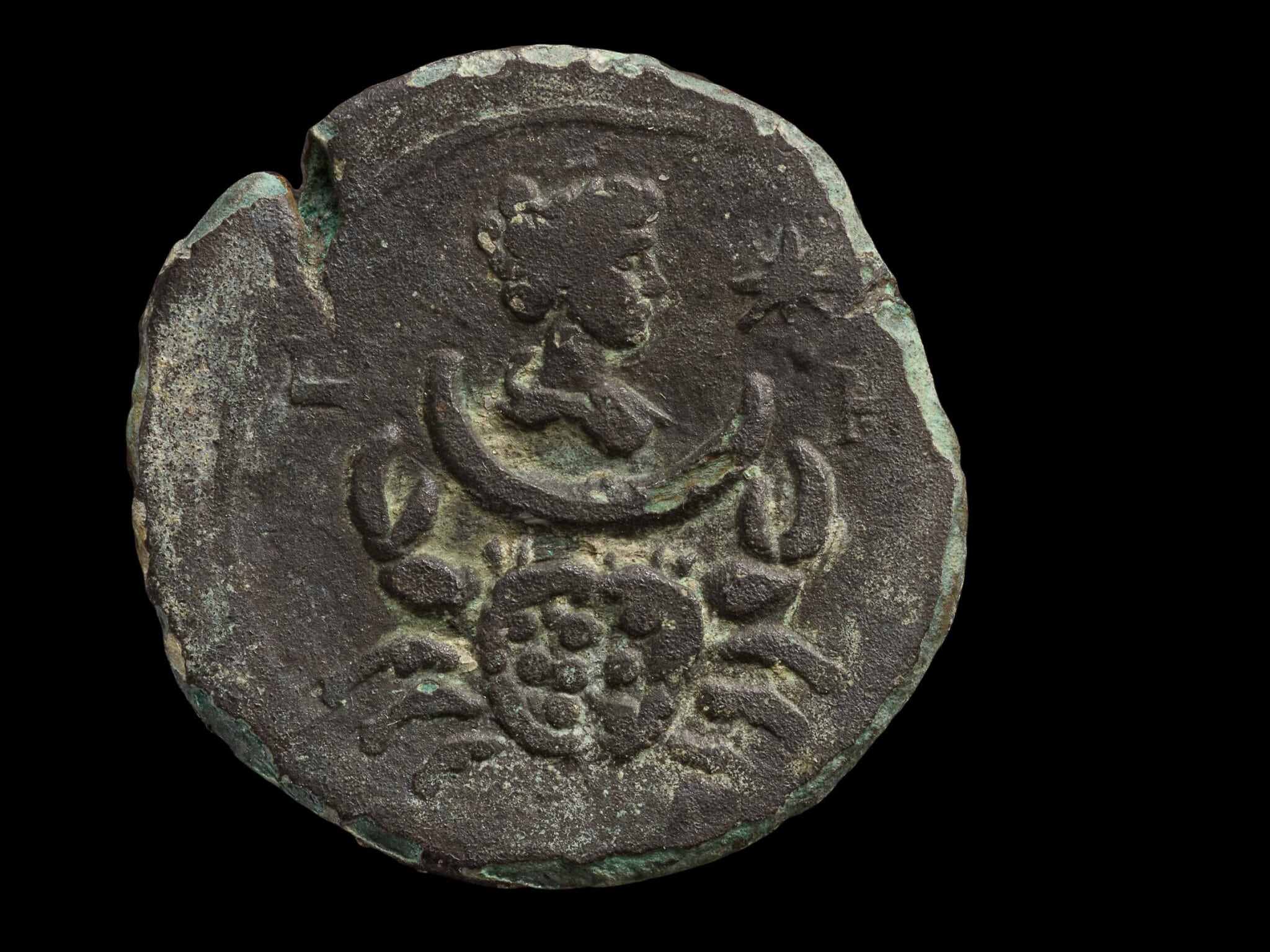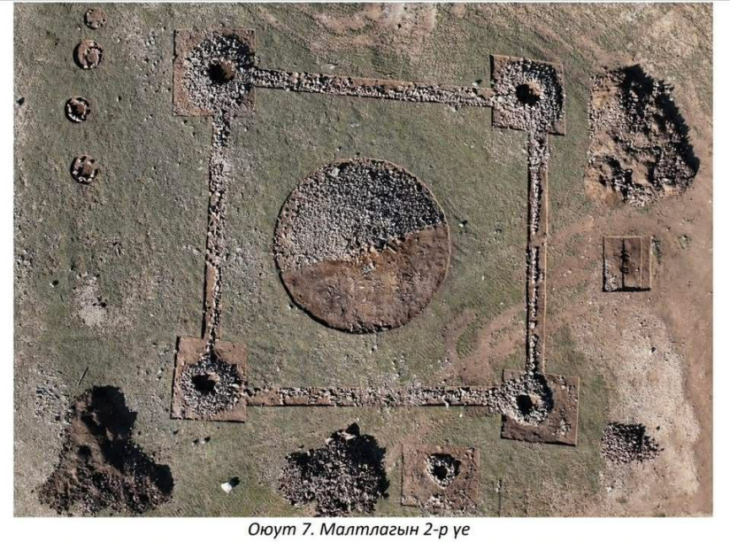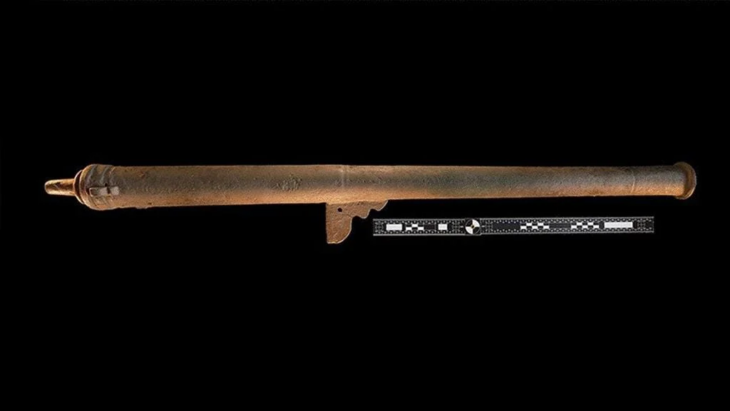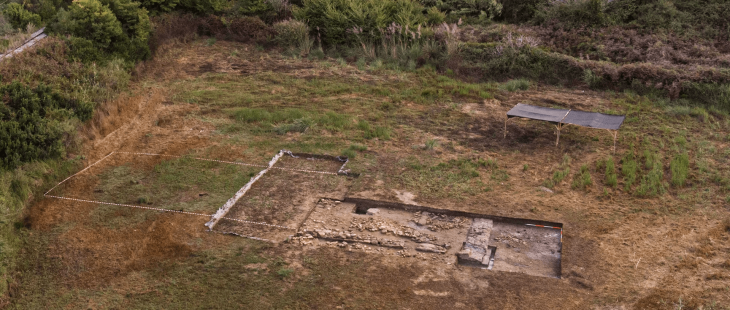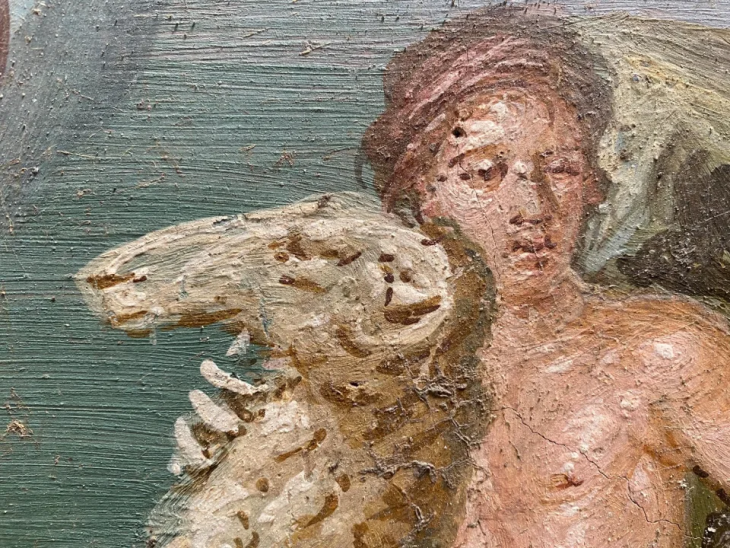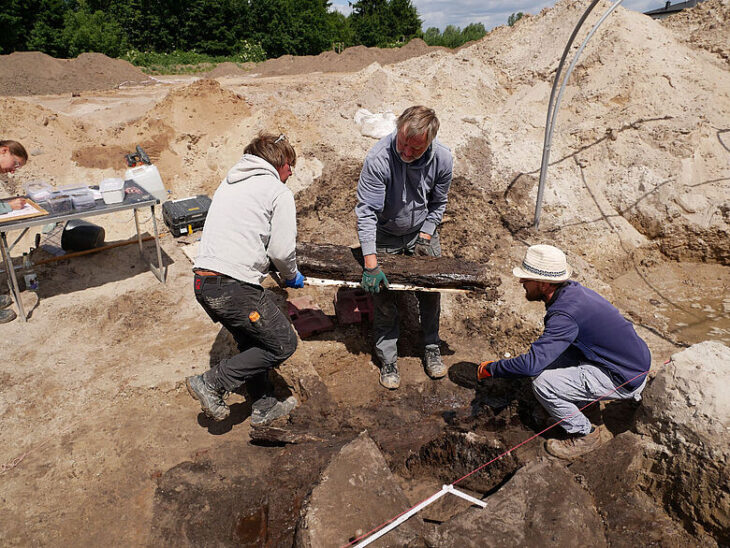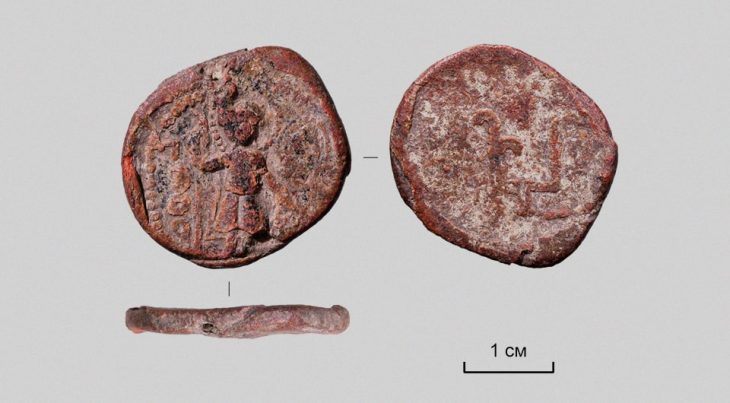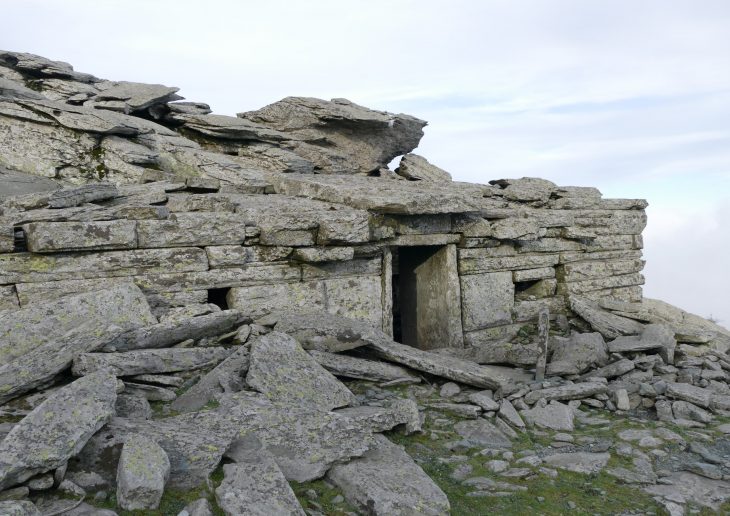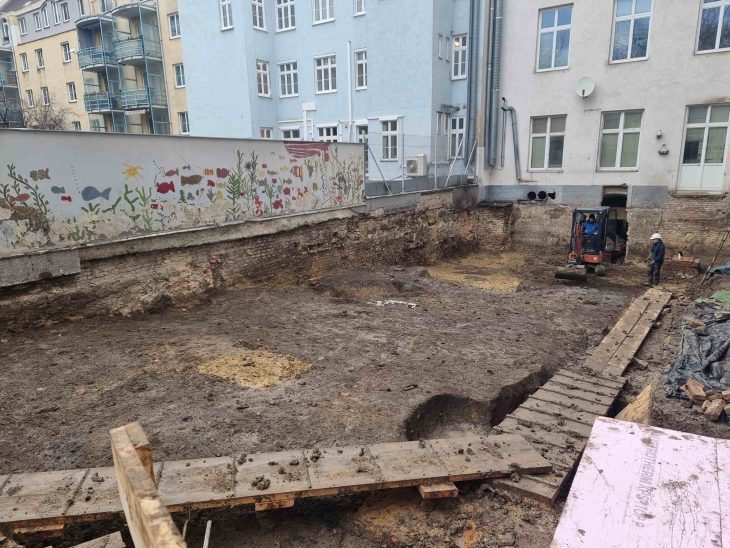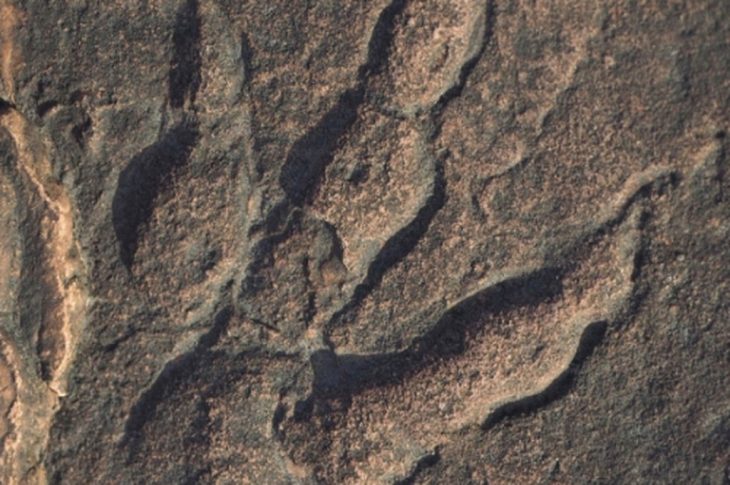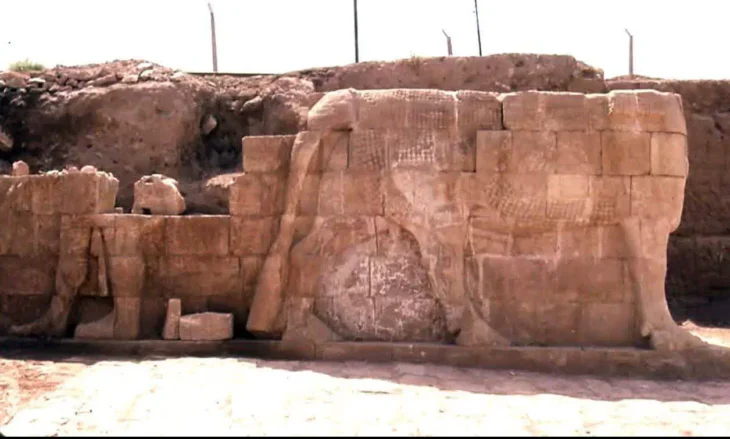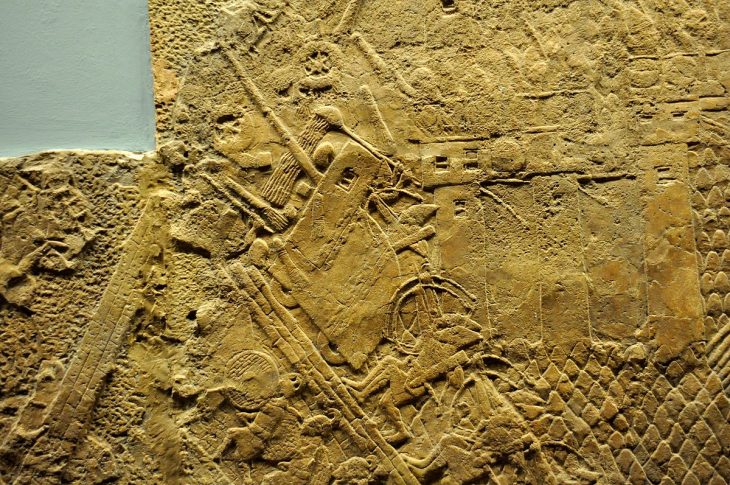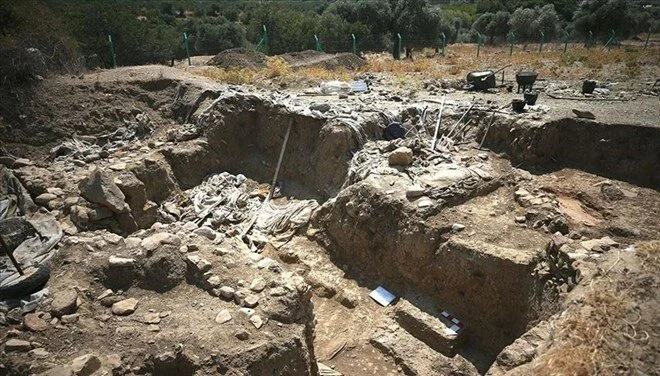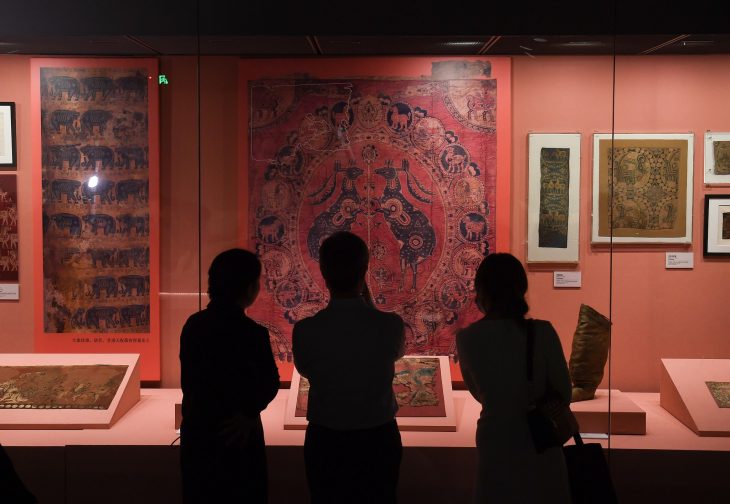A rare 1850-year-old exceptionally well-preserved bronze coin depicting the Roman moon goddess Luna has been found off the coast of Carmel in Haifa, the Israel Antiquities Authority said on Monday.
The coin was struck at Alexandria, Egypt, during the reign of Emperor Antoninus Pius (138-161 CE). The reverse depicts Luna over a representation of the zodiacal sign Cancer. The coin carries the date ‘Year eight,’ which corresponds to the eighth year of Antoninus Pius’ reign, approximately 144/145 CE.
While the IAA did not say exactly when the coin was recovered, the Marine Archeology Unit of the Israel Antiquities Authority found the coin on the seafloor during a search to protect the artifacts from coastal development.
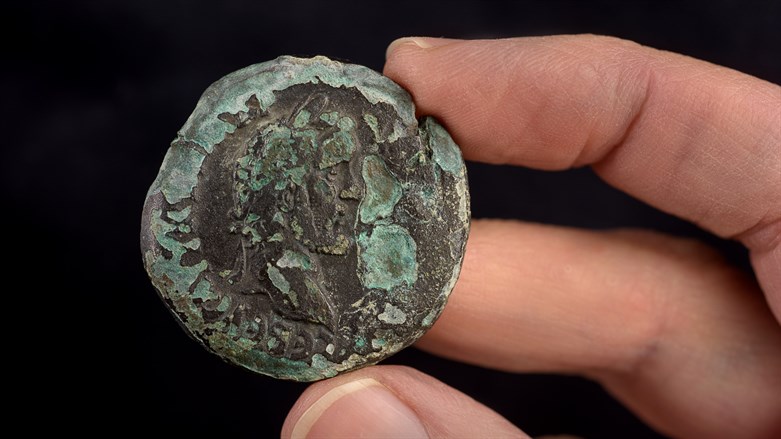
Find belongs to a series of thirteen coins, twelve depicting the different signs of the zodiac and another the complete zodiac wheel.
Israel Antiquities Authority Maritime Archaeology Unit director Jacob Sharvit said it was the first time such a coin has been found off Israel’s coast.
📣 Our WhatsApp channel is now LIVE! Stay up-to-date with the latest news and updates, just click here to follow us on WhatsApp and never miss a thing!!
Sharvit said that “it is a rare addition to the National Treasures collection”.
“Israel’s Mediterranean shores and waters have yielded many archaeological sites and finds that attest to connections in antiquity between Mediterranean ports and the countries along it. These finds, which were lost at sea and disappeared from sight for hundreds and thousands of years, have been remarkably well preserved; some are extremely rare and their discovery completes parts of the historical puzzle of the country’s past,” he said.
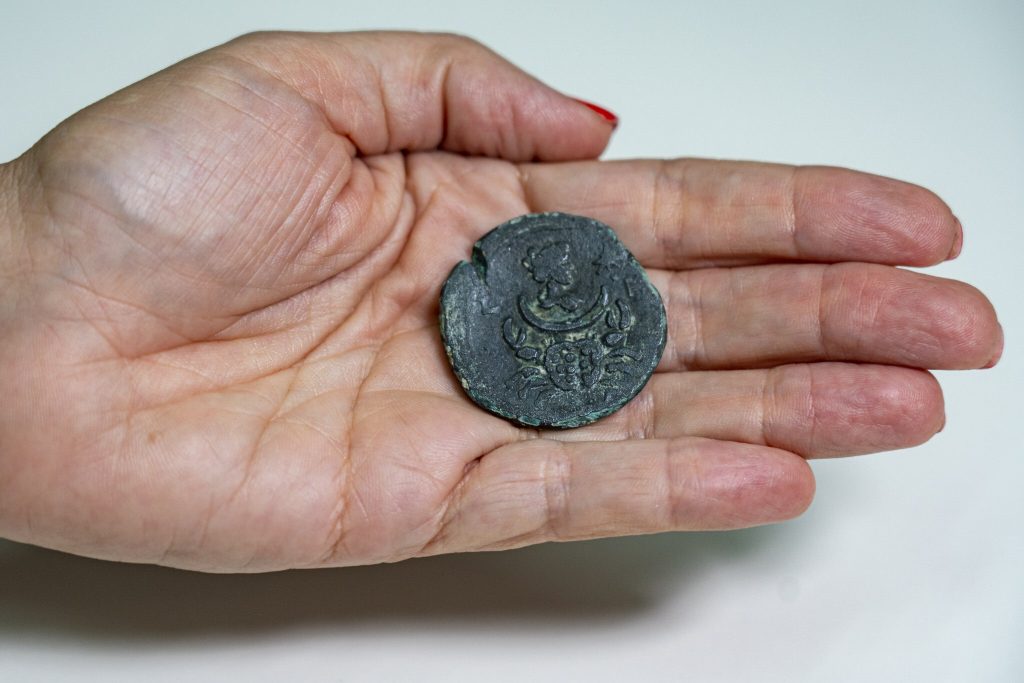
According to the IAA, Antoninus’ reign was the quietest of the Roman Empire, occurring at the height of the Pax Romana, or Roman calm, and Antoninus himself was not from the military, was never in a war, and never even left Rome.
“During his rule, the empire’s relations with the Jews were greatly improved, the decrees of Hadrian were revoked, and Jews were allowed to practice circumcision, the IAA said.
Cover Photo: Israel Antiquities Authority

